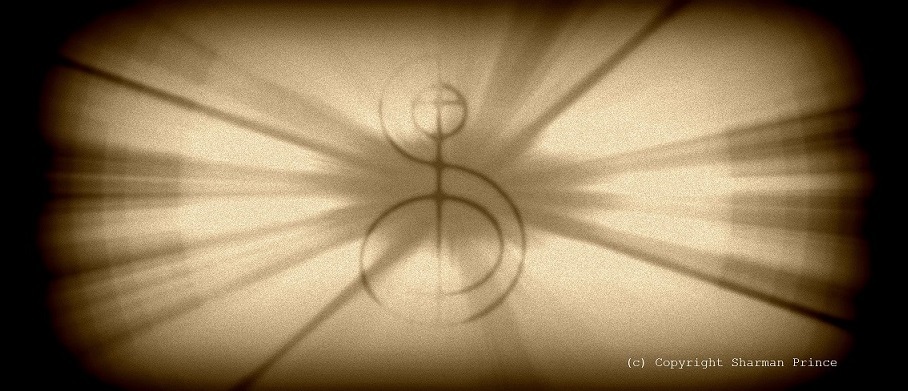The Orpheus Club continue their alliance with director Walter Paul who presides over an enjoyable production of the classic Jerry Herman/Harvey Fierstein show based on the original French farce by Jean Poiret.
Led by Michael McHugh as 'Georges' and Jim McPhee as 'Albin' the cast are generally very good but it's certainly these two leads who stand out, together with Sean Stirling camping it up as 'Jacob' and Jamie Walker whose brief moments onstage as 'Francis' with his amusing minor sub-plot involving a somewhat vigorous love-affair are highly amusing. Much of the humour comes from the dated types presented but this being a farce it matters so little. McPhee as 'Albin/Zsa Zsa' embodies memories of several of the greatest drag artists including Danny La Rue, Dame Edna Everage and there is even a bit of John Inman thrown in for good measure.
Neil Thompson's musical direction is assured, despite a trumpet player being a little off-key at times, and he brings out some quality vocals from the cast. Preston Clare's choreography becomes a little repetitive at times but is nonetheless enjoyable.
As for Walter Paul's direction well, I have never been a fan of the man's work, finding him a competent director at best. This show is the best I've seen him, no doubt being aided with a fine score and libretto by Herman and Fierstein respectively.
That said he is still an uneventful director who relies too much on stale, safe staging which renders some scenes verging on the dull, relying on the same set-up time and time again - fortunately the cast refuse to let this happen. Paul is also guilty of often ignoring logic and reason not to mention detail and the director has also yet to truly deal with scenic transitions: He allows the story's flow to stop to have scenery moved when there is no need: Any director worth his salt would rectify this with clever staging and distraction. If this is truly unavoidable then a director should make something out of the scene change and the closest Paul gets here is in the transition to the Restaurant where the crowd create something to watch and look at while the locale is changed. Such peaks are rare where this director is concerned although the final image of Act One where the back-cloth is raised to reveal the real backstage area of the theatre creating a beautiful image of light and shadow as 'Albin' walks away, toward the paraphernalia of artifice, from 'Georges' after being told the reality that he is surplus to requirements. It is worth noting that here the lighting reaches a peak amongst the otherwise fine lighting of Rod Littlefield.
All in all a very enjoyable production where the sum of all its parts came together to create something worthy of viewing.




